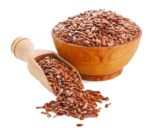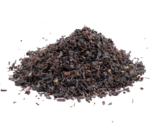Turmeric is generally used for conditions involving pain and inflammation, such as osteoarthritis. It is also used for hay fever, depression, high cholesterol, a kind of liver disease, and itching. Some people use turmeric for heartburn, thinking and memory skills, inflammatory bowel disease, stress, and many other conditions, yet to proven scientifically.
Turmeric consists of the chemical curcumin. Curcumin and other chemicals in turmeric might reduce swelling (inflammation). As a result, turmeric is beneficial for treating conditions that involve inflammation.
One of turmeric’s major merits considered is that it’s usually used to fight inflammation, and the great quantity of turmeric’s inflammation-fighting powers can be credited to curcumin. In fact, in the right dose, curcumin may be a more efficient in anti-inflammatory treatment than common inflammation-fighting medical issues such as Advil (ibuprofen) and aspirin, according to a past study.
As chronic inflammation helps to many chronic diseases, curcumin may help treat conditions like inflammatory bowel disease, pancreatitis, and arthritis.
In one study, researchers compared the effects of an eight week aerobic exercise program and a curcumin supplement in improving endothelial function in postmenopausal women.




